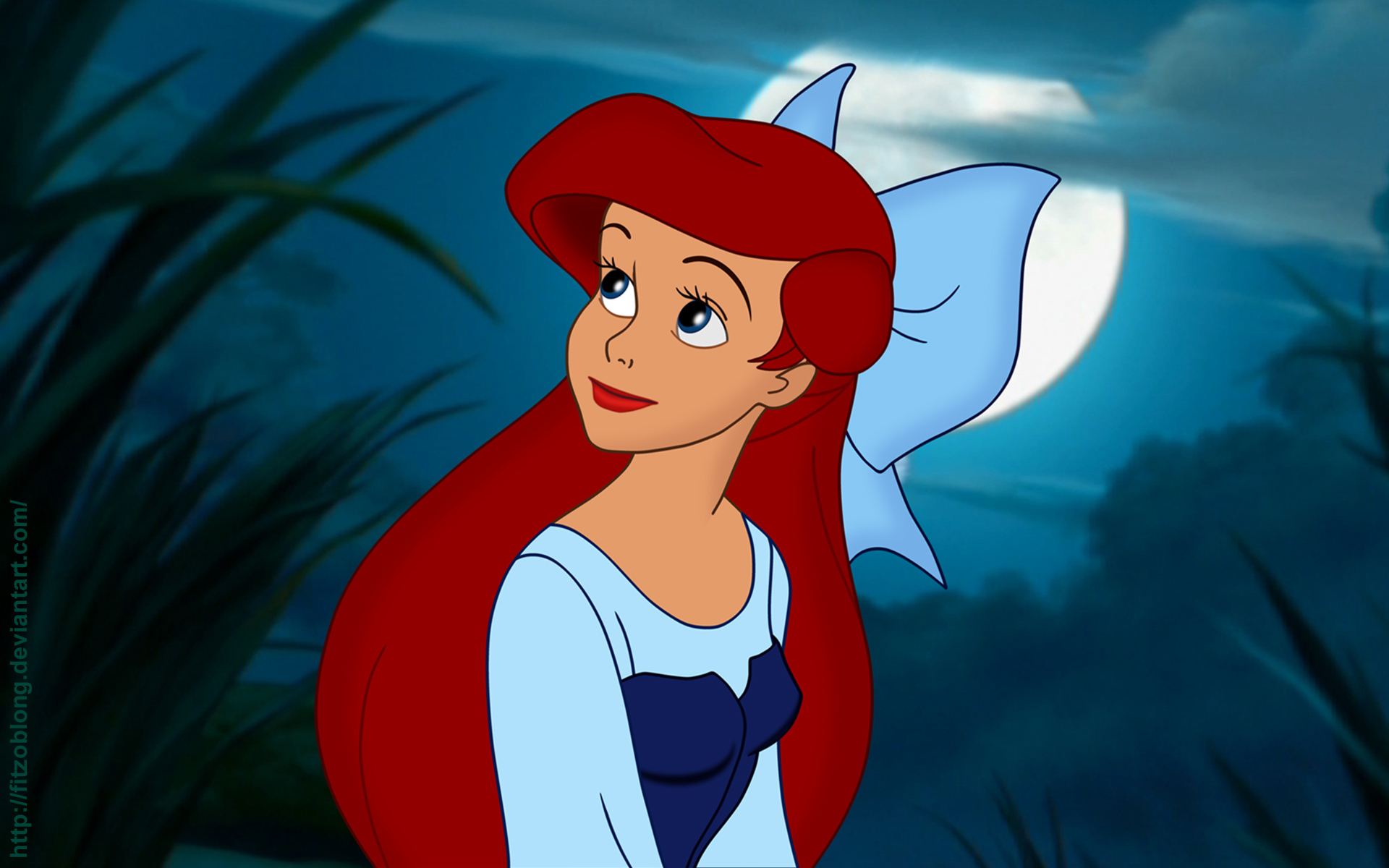Of the many Disney movies that I recall from my childhood, The Little Mermaid is not one of them. Although the stunningly beautiful Ariel was just as I envisioned in my mind, the rest of the film had dissolved away with time. It took the iconic and irresistibly catchy Under The Sea to re-stimulate my memory of the film and remind myself that I had in fact seen this before. However, regardless of what I have remembered of Disney films, this class has positioned me to view these animated classics in new and unique ways. I expected then, that I would have some negative reaction to the film or at least some reservations on the plot. However, I found myself simply appreciating the simplicity of the story, the loveable characters, the soundtrack and the animated beauty.
It was a breath of fresh air to watch The Little Mermaid and
appreciate the film as a source of entertainment and escapism from the real
world. While much of this class has centered on analysis and denunciation of
Disney films, often revealing very negative and critical views, I was
comfortable observing and analyzing the film in respect to its contextual form.
Disney films are, and must be understood as, children’s films of fantasy,
wonder and entertainment. Situated in such a frame of mind, we can recognize
that the intended audience is young, imaginative and largely uncritical
absorbers of the text.
In my opinion, The Little Mermaid is a loveable and familiar
story of a young teenage girl wanting to explore the world. Ariel’s longing for
a world greater than the confines of the ocean and her father’s kingdom is
manifest in her elaborate collection of human items. Ariel’s charm is in her
relatability to the audience. She too is filled with wonder and imagination.
The film takes on a didactic purpose in its portrayal of the father/daughter
relationship between Ariel and Triton. Although Triton can come across as
domineering, my reading of his character is that of a father who is zealously
protective of his daughter to a fault. The viewer is allowed to make the
assumption that Triton is an only father due to the lack of a female spouse,
causing him to take a conservative and protective attitude towards his
daughter. Triton’s overprotective nature collides with Ariel’s free spirit
nature and wonder. I take the position that the conflict of the story is this
father/daughter relationship from which the sub-plots divulge into the tales of
rebellion with Ursula and love with Eric.
This reading of the film is reinforced towards the conclusion of the
film, whereby Triton sacrifices his own soul to Ursula so that his daughter may
live free. An unfailing love drives Triton, who ultimately realizes his need to
let Ariel free when he sees her affections for Eric and life beyond the sea.
It would be naïve of me to not consider the role of gender
roles and stereotypes in The Little Mermaid, which after all are a pervasive
theme in the film. My greatest criticism of the film is the haste with which
Ariel falls in love with Eric and in which they plan to wed. At just 16, Disney’s
character Ariel indirectly aligns Disney with the view that females lack
autonomy and require dependence on males. Furthermore, the storyline of finding
love in three days, loving someone without knowing anything but their name and
loving someone based purely on physical attributes presents a superficiality of
love that not only undermines the true complexity of love but further
reinforces female dependence as well as male shallowness. The only redeeming
feature is Disney’s recurring theme of ‘loves first kiss’, often requiring the
protagonist to overturn a magical curse in a certain amount of time. The
frequency with which Disney employs such a theme, returns the film to its
primary role as children’s’ entertainment, whereby Disney is given the liberty
to play with relational dynamics and love at first sight.


No comments:
Post a Comment